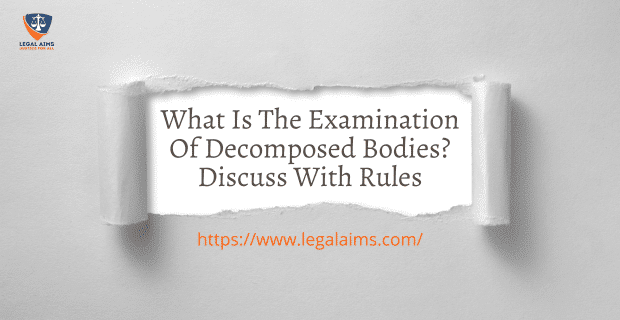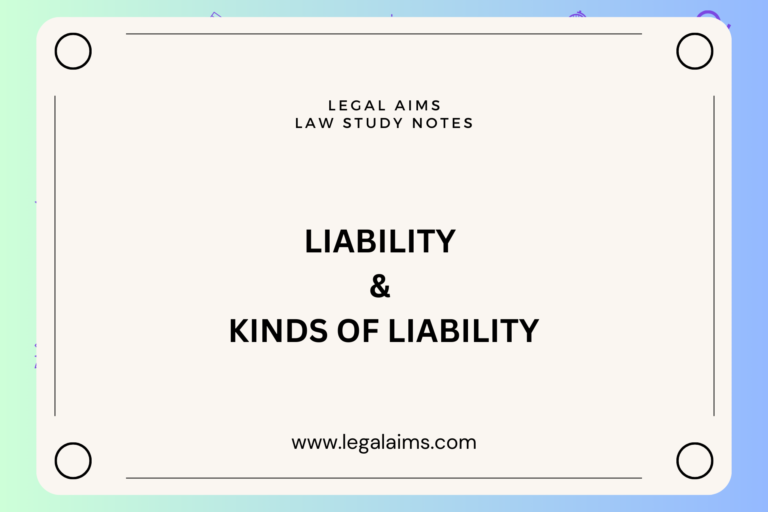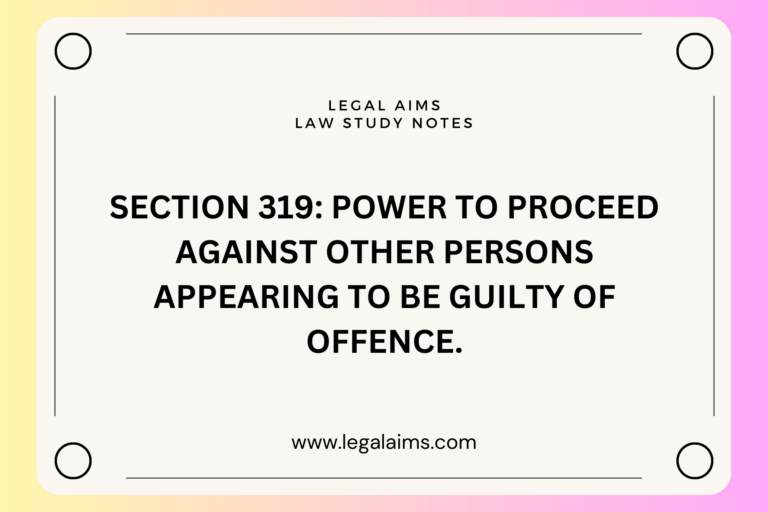Property And Kinds Of Property
PROPERTY :
- The property is derived from the Latin term ‘properietat’ and the French equivalent ‘proprius’Which means a thing owned.
- The concept of property and ownership are very closely related to each other. There can be no property without ownership and no ownership without property.
- Theories of property :
1. Natural law theory [The theory of occupancy]:
- According to this theory, the property was first acquired by the occupation of an ownerless object as a result of individual labor.
- This theory is based on the principle of acquiring property i.e. res nullius means a thing which has no owner.
- The finder of goods becomes the owner.
- CRITICISM :
According to Bentham property has not originated by the first occupation of an ownerless thing, but it is a creation of law.
2. Labour Theory :[positive theory]:
According to this theory, a thing is the property of the person who produces it or brings it into existence.
- Criticism:
According to LASKI labor does not produce property, it is only a means to earn property.
3. State creation theory:
- According to this theory, the property is a creation of the state and achieved only after a long struggle with the clan.
- JENKS observed that property and law were born together and would die together.
4. Historical Theory:
- According to HENRY MAINE, in the beginning, the land was collectively owned by the community. Private or individual ownership is a later development.
5. Psychological Theory :
According to this theory, the property came into existence on account of the acquisitive tendency of human beings.
6. Functional theory:
The functional theory considers property as a social interest for promoting general security and protection of individual interest in personality, domestic relations and in subsistence.
Kinds of property :
1. Corporeal Property:
- Corporeal property is some material or thing.
- Ex: land, house, money, etc.
- Also known as tangible property.
2. Incorporeal Property :
- It means intangible property.
- The existence of incorporated property is neither visible nor tangible.
- Ex: copyright, patent, trademark, etc.
- Jura in re Aliena :
- Also known as encumbrances.
- Jura in re Aliena means right over other property.
- These are the right in rem over the thing owned by another.
- It includes a lease, securities, etc.
- Jura in Re propria :
- Jura in re propria means right over the property.
- These are rights of ownership in one’s own property as are not exercised over material objects.
- It includes trademark, patent, copyright.
- Modes of Acquisition of Property:
1. Possession :
- When the property which belongs to no one i.e. res nullius, belongs to the first possessor of it and he acquires a valid title to it as against the world.
EX: fish of the sea.
2. Perscription :
- Prescription is a mode of acquisition of property by operation of law.
- It is the effect of the passage of time.
3. Agreement :
- Property may also be acquired by agreement which is enforceable by law.
- The agreement has followed four essential elements:
- There should be two or more parties.
- Mutual consent.
- It should be communicated.
- There should be a common intention to affect the legal relationship.
4. Inheritance :
- This can be of the form of testamentary succession.
- Modes in which property may be divested :
- By contract
- By gift
- By acquisition by the govt. under the law.
- By giving to trust.
- By operation of law.
- Death, insolvency.




